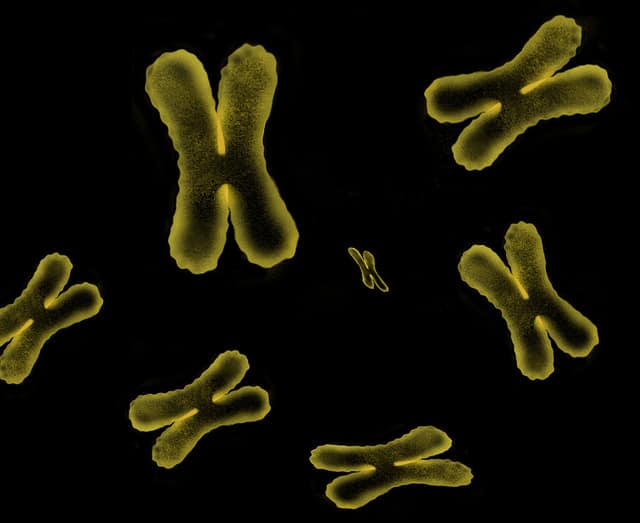
Ovarian cancer risk may be inherited from the father, research indicates
pharmafile | February 16, 2018 | News story | Medical Communications, Research and Development | Cancer, Roswell Park Comprehensive Cancer Centre, ovarian cancer
Researchers at the Roswell Park Comprehensive Cancer Centre in New York have published findings indicating that ovarian cancer risk may be inherited through a gene on the X chromosome of the patient’s father, independently of other genes which have already been linked to the disease.
While the link between the inherited BRCA 1 and 2 gene mutations, which are found on non-X chromosomes, and the risk of ovarian and breast cancer is increasingly well known, researchers have so far been unable to decipher why sisters of ovarian cancer patients are more likely to develop the disease than their mothers or daughters.
“That paradox got us thinking … about going up a couple of generations to see if we could really explain this thing genetically,” commented lead author Dr Kevin Eng. “The chance the granddaughter has ovarian cancer doubles if the disease pattern transmits through dad’s side of the family.”
The team analysed over 30 years’ worth of medical data in the Familial Ovarian Cancer Registry and discovered that over 890 ovarian cancer patients had granddaughters with the disease, and around 28% of this group were the grandmother on the father’s side, compared to around 14% on the mother’s side.
The same logic was true of prostate cancer, with fathers more likely to have the condition if their mothers of daughters had ovarian cancer.
Through sequencing, the team identified the gene MAGEC3; women with the gene were diagnosed with ovarian cancer on average over six years earlier than other patients.
“If we are right and the pattern does seem to be X-linked, eventually we’ll be able to nail down a variant … and begin to think about how to change the screening patterns,” Eng continued. “It might be as simple as tracking dads with prostate cancer, it might be more that you have to have good communication within the family about Grandma.”
While the findings are illuminating, the researchers stressed that more research is needed to confirm the identity and function of the gene in question.
“What we have to do next is make sure we have the right gene by sequencing more families. This finding has sparked a lot of discussion within our group about how to find these X-linked families,” Eng added. “It’s an all-or-none kind of pattern: A family with three daughters who all have ovarian cancer is more likely to be driven by inherited X mutations than by BRCA mutations.”
Matt Fellows
Related Content

TILT Biotherapeutics shares data on TILT-123 with Keytruda for ovarian cancer treatment
TILT Biotherapeutics has announced promising preliminary safety and efficacy data from its ongoing phase 1 …

Geneos Therapeutics shares data from phase 1/2 trial for cancer vaccine
Geneos Therapeutics has announced that it has published positive safety, immunogenicity and efficacy data from …

Curve Therapeutics’ CSO publishes research on HIF inhibition for cancer treatment
Curve Therapeutics has announced that its chief scientific officer, Professor Ali Tavassoli has published research …








